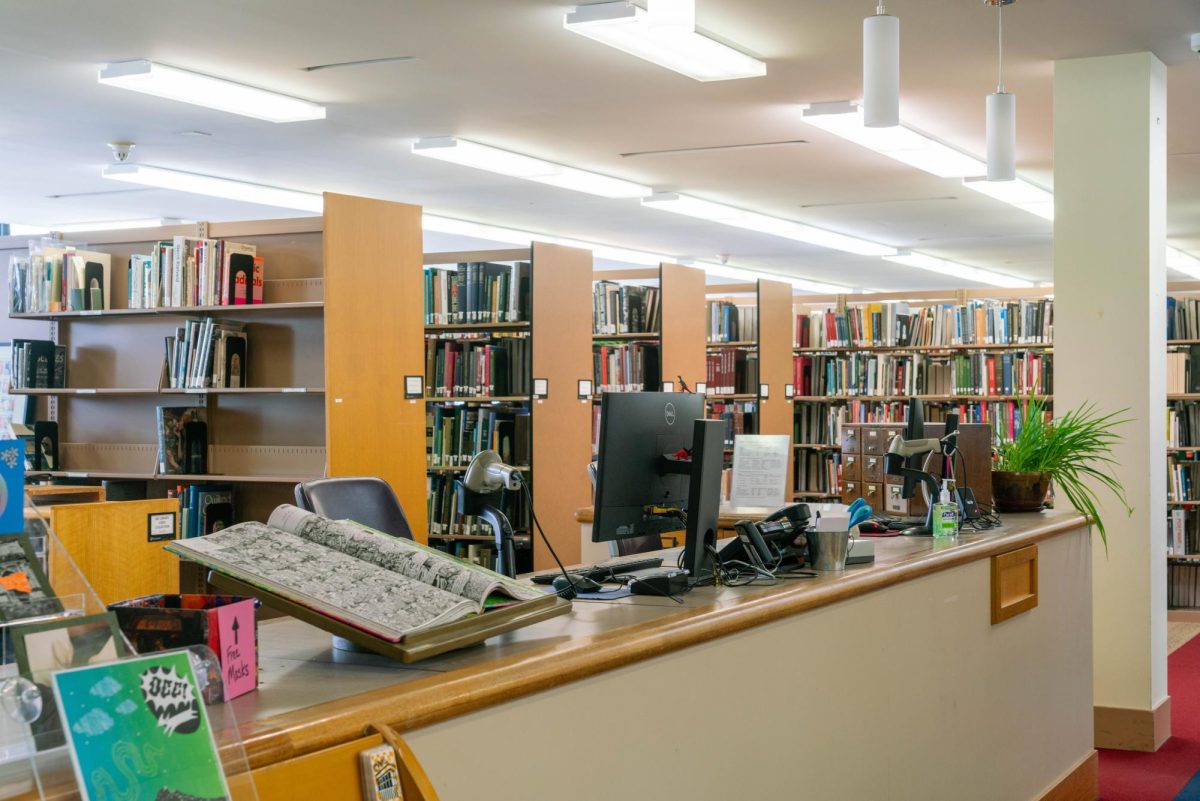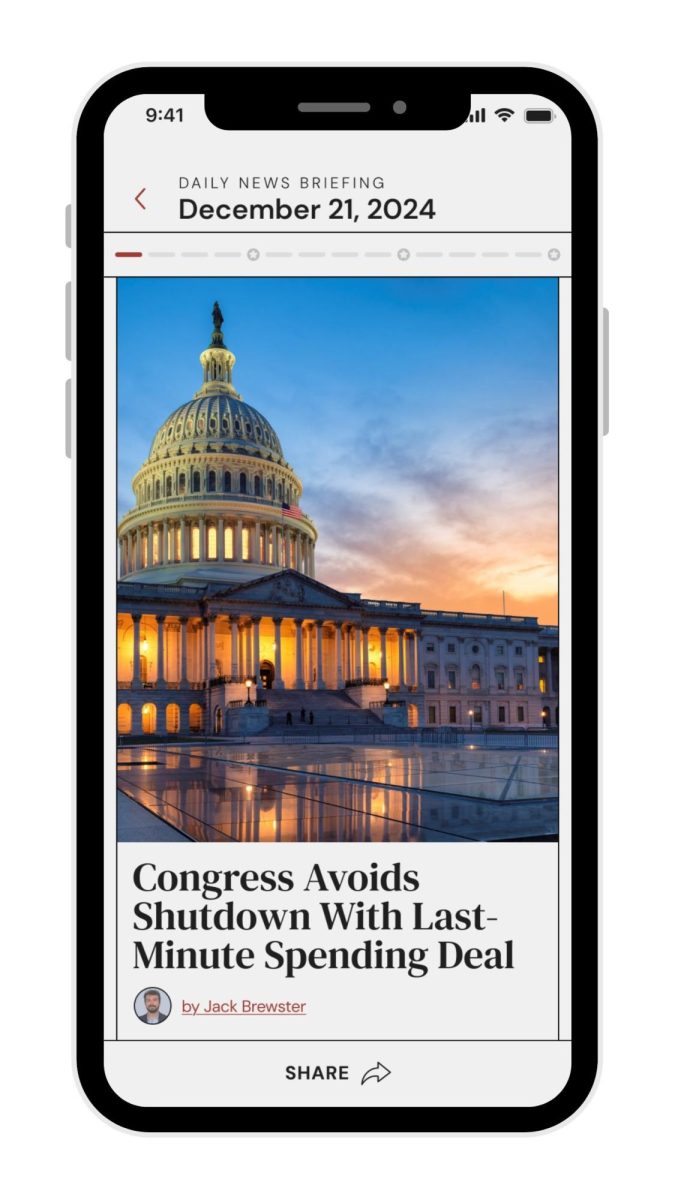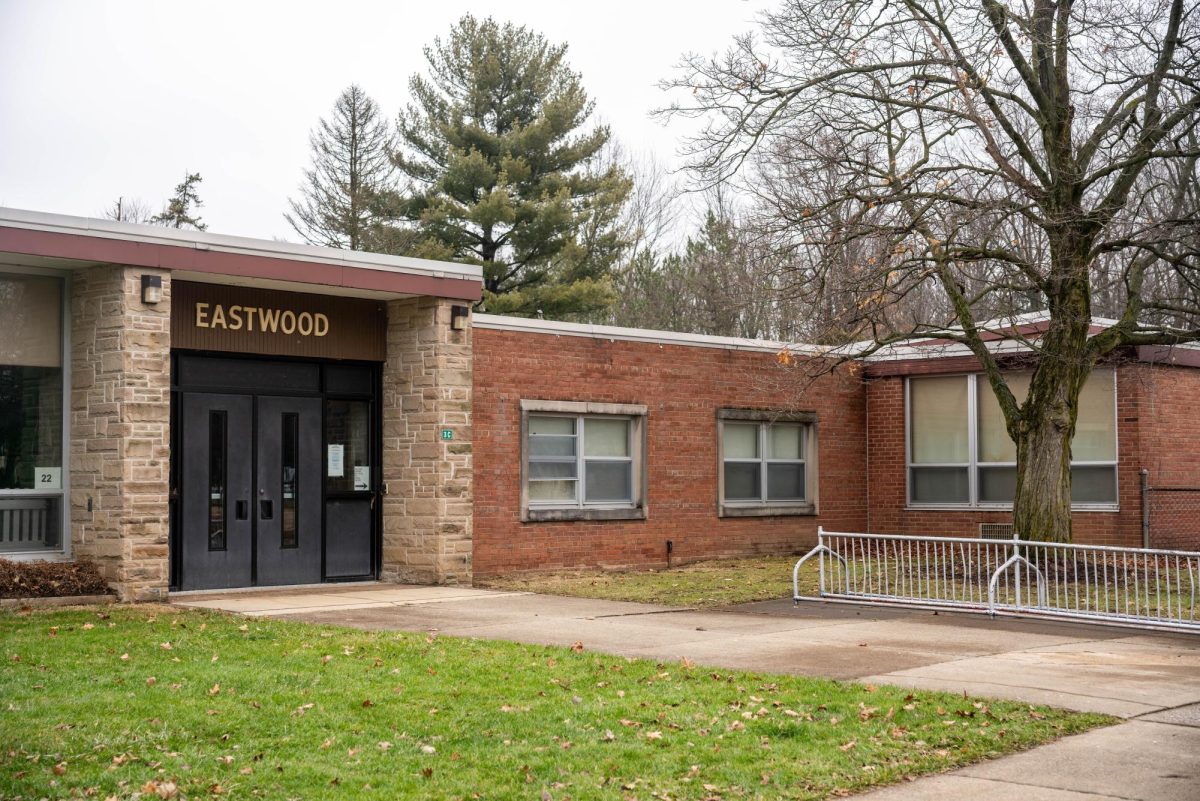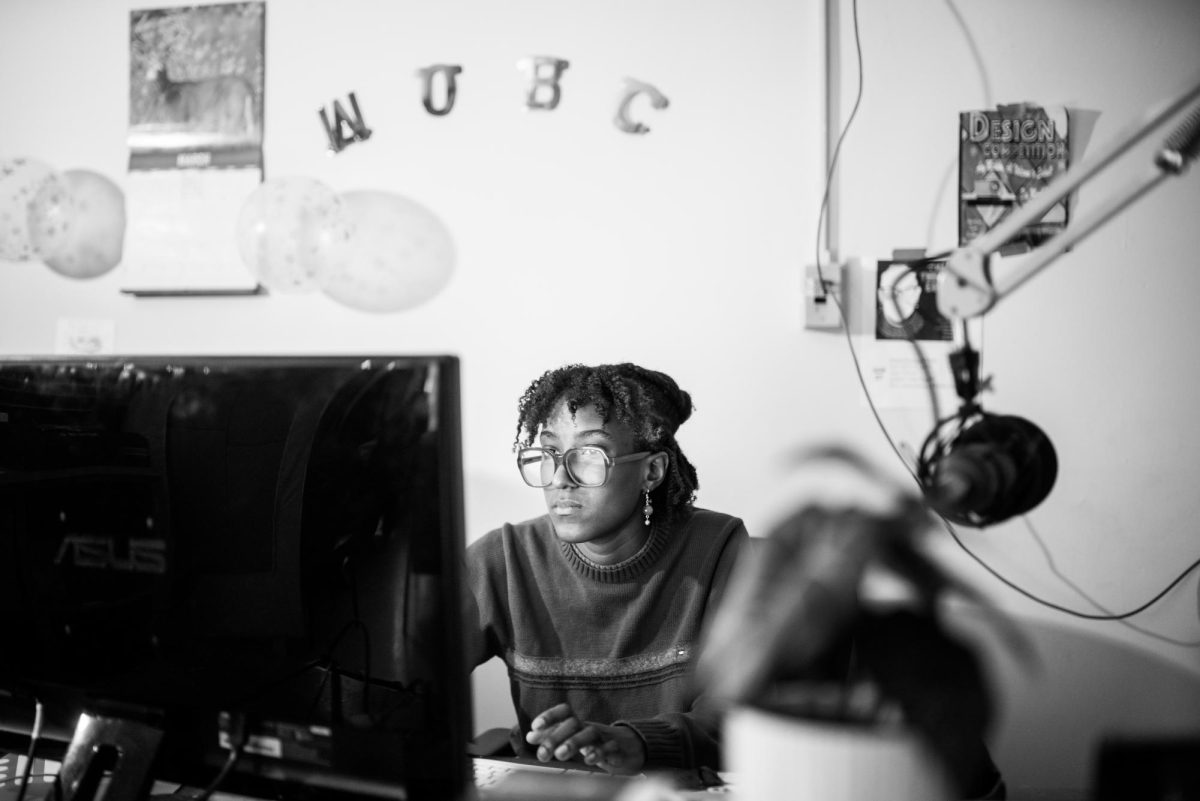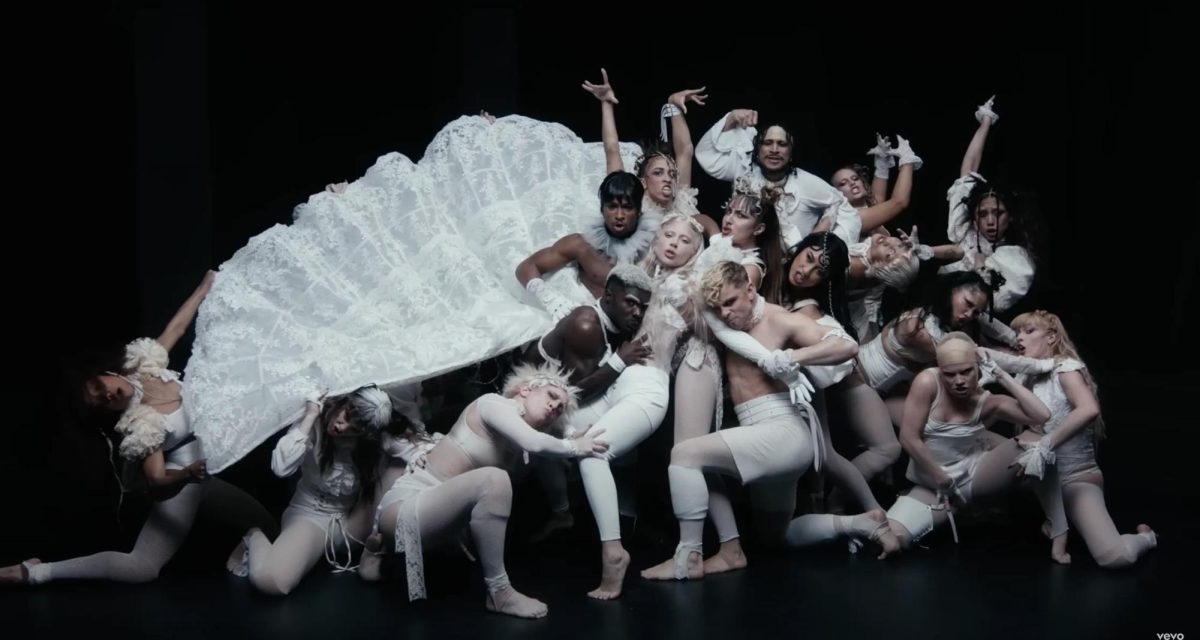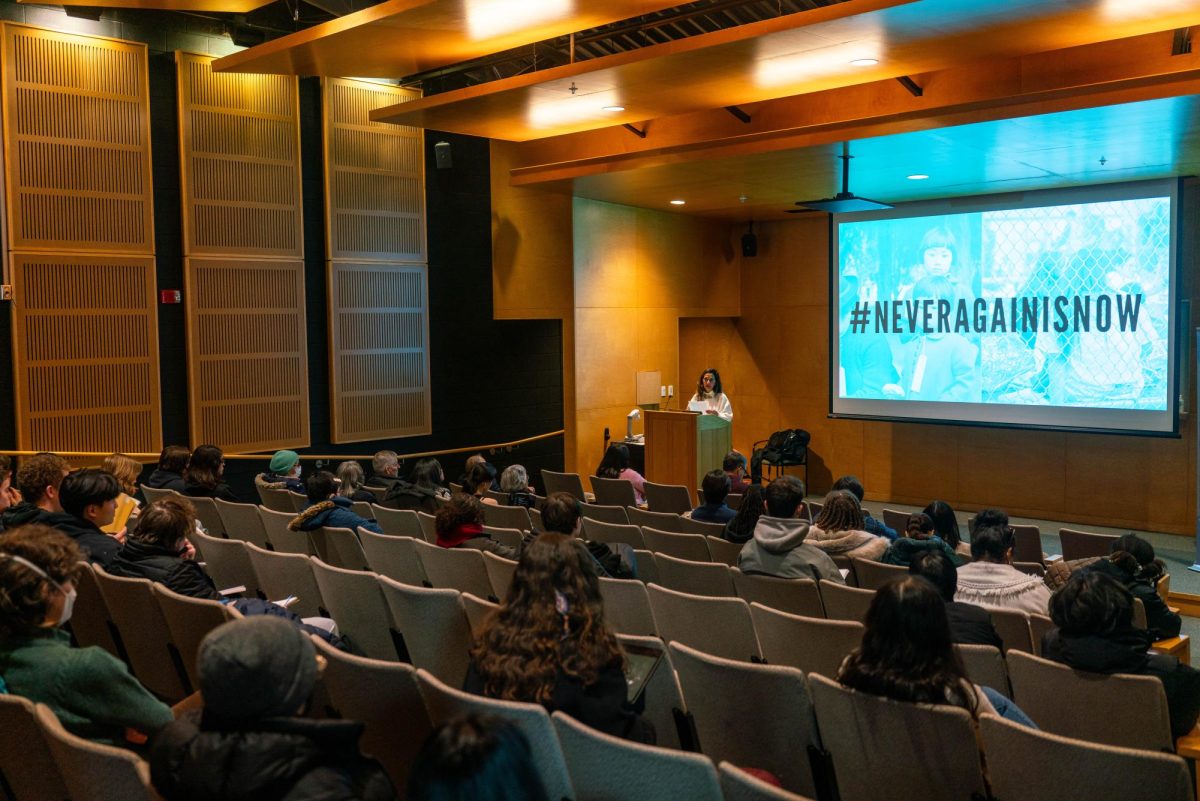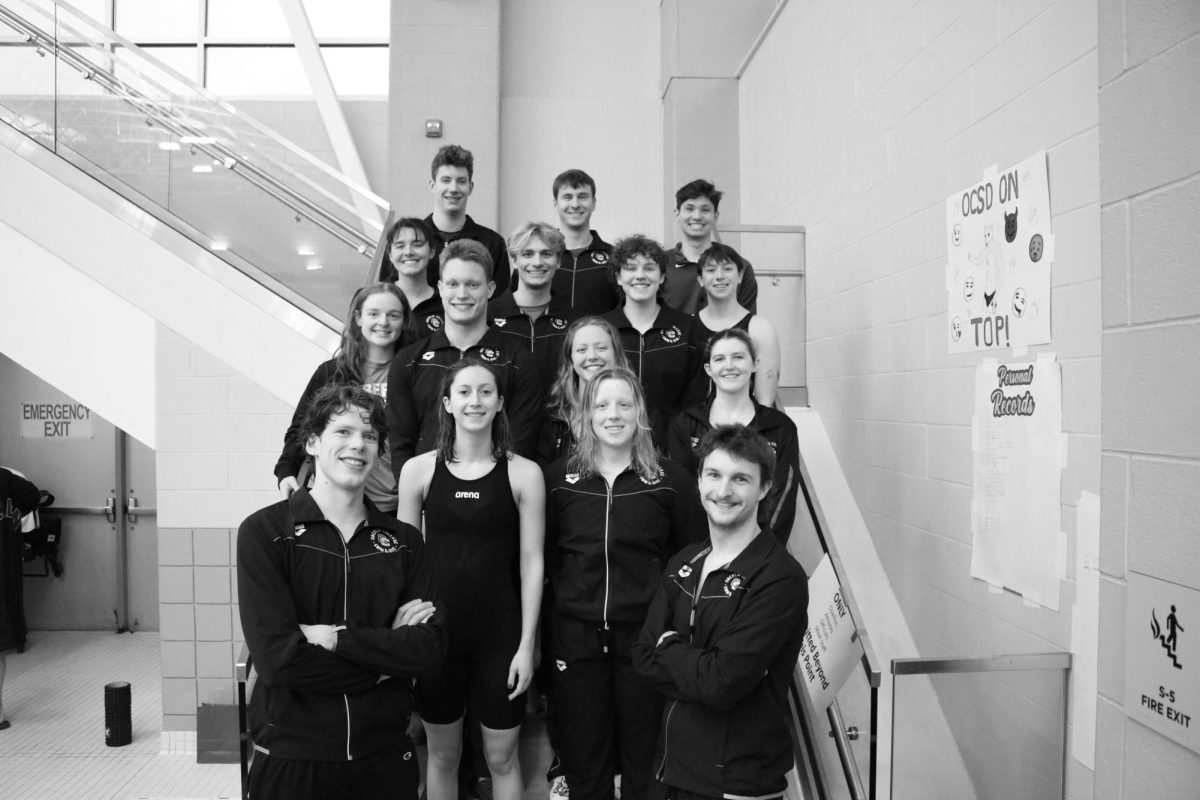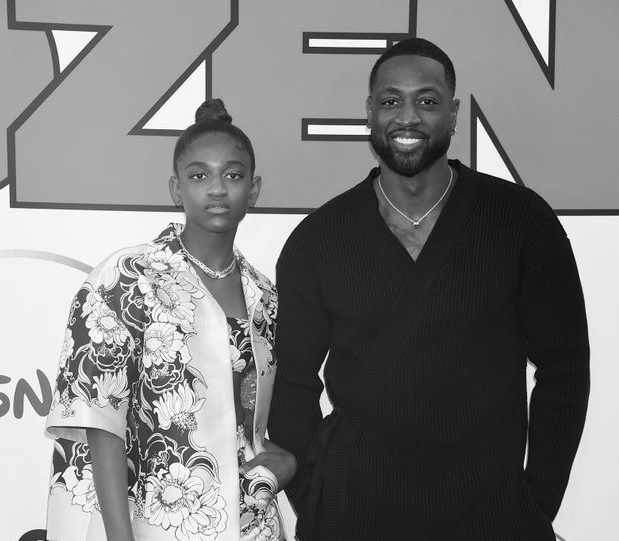Oberlin Admissions Refuses to Trail Online Footprint of Applicants
November 15, 2013
Several years ago, College admissions officer Tom Abeyta repurposed his Facebook. He resolved to make the page private, denying all friend requests from both prospective and current students at Oberlin.
“Students began to friend me,” he explained, “and I started to see pictures [of them] that I didn’t want to see. I said, you know what? I’m going to make it a practice not to friend current students or applicants.”
By the same token, Abeyta does not venture online to investigate applicants. According to Abeyta and fellow officer Jill Medina, Oberlin admissions keeps Facebook and Twitter out of sight and, accordingly, out of mind.
But not all admissions officers practice the same restraint. The New York Times reported last week that an increasing number of colleges trail the online footprints of their applicants. The article –– “They loved your G.P.A. Then They Saw Your Tweets” –– cited a recent phone survey by Kaplan Test Prep, which indicates a new emphasis on social media. Of 381 admission officers, 31 percent admitted to some Facebook snooping –– a five percent increase since last year.
“No, we don’t have a sexy answer,” Medina said in response to an inquiry about online investigations. “We don’t have anything dramatic to share… we had a discussion with our dean, who [often] says ‘just because we can, doesn’t mean we should.’ ”
That said, Medina empathized with institutions that take an online route.
“I can definitely see from an intellectual standpoint why, if you’re a residential college, you want to know who you’re bringing into the community… if a school sees something that violates a law or their rules or their community standards. I can definitely understand why they do that.”
And although Oberlin maintains a Facebook-free approach to admissions, future applicants may undergo online scrutiny nonetheless.
“If [technology] becomes merged in any sort of application review process,” Medina said, “then we wouldn’t be able to avoid it, in that sense … technology has already influenced the process this year. And every year we have to take inventory and take stock. what are the Oberlin priorities and how do they play out in our decision-making? If there’s an external force that says, you must do it this way, then we have no choice.’ ”
In recent years, applicants have initiated online contact with the office, making Tumbler pages about Oberlin in an effort to climb the waitlist.
“I don’t think it’s closed off.” Medina remarked. “Several students have used the social media platform to advocate for themselves if they have been in a position on the waitlist.”
Yet both Medina and Abeyeta emphasized the voluntary aspect of this scenario; “[the students] invites us as a committee,” Medina explained.
Beyond undergraduate admissions is the issue of future employment and graduate school admissions.
“There is a bigger question,” Medina said. “Employers are probably more likely to look at a potential candidate than a college might be.
Richard Berman, director of the Career Center agreed.
“Are employers interested in accessing any public information available that will give them a true reflection, or what they perceive to be a true reflection of the person? Absolutely. And sometimes without regard to privacy or discretion,” he said.
And what might employers be looking for? “Someone lying underneath a keg, [or] reference to illegal activity,” Berman said.
College President Marvin Krislov had a similar impression, noting that these online profiles can be quite deleterious in the long term.
“Online activity can be very damaging,” he said. “It’s not just on college and university campuses … Anything you put out there can be picked up, and have consequences.”
Even though Oberlin applicants are free from online surveillance, current students may have cause to worry.
“It’s clear,” Krislov added, “even before that [NY Times] article, [that] it’s absolutely the case [that online activity is surveilled]. I think that employers and admissions officers are looking at these things. And whether Oberlin does it or not, other people are. These things follow you the rest of your life. I think some students don’t fully appreciate that.”





